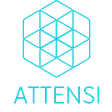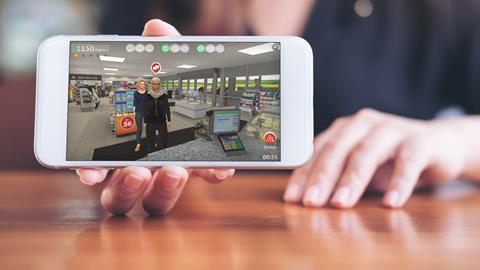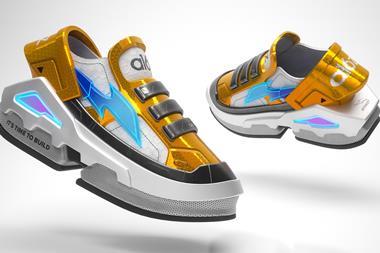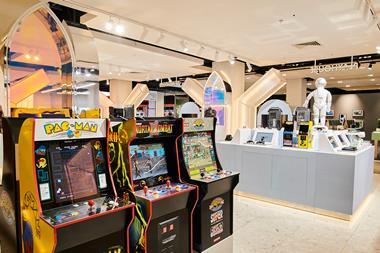With Generation Z consumers potentially providing a huge opportunity for retailers, Attensi’s Madeleine Porter takes a look at how to cash in on retail’s newest shoppers.
Shaping the future of retail
Generation Z is hitting the high street – and they know what they want from their shopping experience.
Born between 1997 and 2012, the digital native generation has come of age with a bulging bank balance to boot. According to the Bank of America, their income will hit $33trn by 2031 – surpassing millennials’ income.
“Retailers who speak Gen Z’s language will succeed both in converting them into customers and employees”
But to get in with Gen Z, your brand has got to resonate with them. As Attensi UK managing director Krister Kristiansen highlights: “Gen Z got their first smartphone when they were 12 years old – during their formative years – and they speak a different language.
“Retailers who speak their language will succeed both in converting them into customers and employees.”
Research, review, repeat
Being frequent social media users means that, in just a few taps, Gen Z consumers form a view not just of products, but also the in-store experience retailers provide.
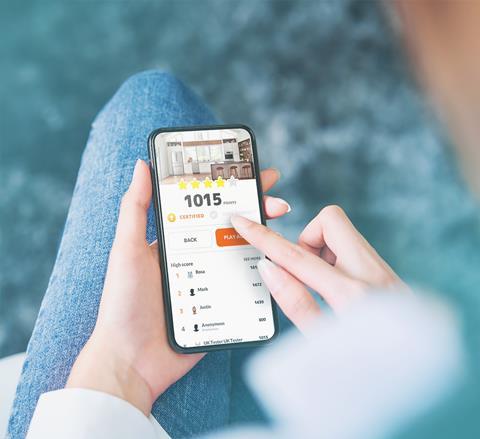
They also love to widely share their views online, with Accenture finding that 70% have written reviews and 40% write reviews regularly.
A negative review at one store could mean waving goodbye to Gen Zers across the country, so it’s vital to provide consistent and scalable training, creating a benchmark across your organisation.
Plus, if you’re able to track progress and measure staff against KPIs, you can quickly identify any areas where improvement is required.
Despite their dependence on digital, this demographic likes to get out and 81% prefer to shop at bricks-and-mortar stores, according to management consulting firm Kearney.
Get it right and Gen Z will splash the cash, repeat the purchase and write a positive review.
Knowledge has shopper pulling power
Gen Z is a discerning digital generation that expects staff to know their stuff, yet making sure staff understand the ins and outs of multiple products is no easy feat.
However, put them in a gamified mobile environment that motivates them to play through minigames, true-to-life customer scenarios and quizzes, and they’ll soon be product whizzes.
“Gen Z is a discerning digital generation that expects staff to know their stuff, yet making sure staff understand the ins and outs of multiple products is no easy feat”
One retail partner saw simulation training help boost junior store managers’ confidence in their frontline leadership skills by 22%.
Meanwhile, Bosch Siemens Hausgeräte saw sales of high-end appliances rising by more than 26%, thanks to their top-notch product knowledge.
Gen Z goes green
This generation is focused on reducing its carbon footprint, cutting down on consumption, supporting smaller suppliers and purchasing previously owned items.
A 2021 Pew Research Center report found that environmental concerns are topping the agenda: 67% ranked it as one of their biggest societal concerns, while 37% said it was their major worry.
If your staff can convey your company’s positive sustainability stance, Gen Z is willing to pay a premium for it. In fact, this demographic is willing to spend 10% more on sustainable products, according to experience management company First Insight.
Speak their language of learning
It’s clear that Gen Z has all things digital down.
They’re used to studying for things like their driving theory test in bite-sized chunks on their phone at a time and place convenient to them. And it’s how they expect the business world to operate, too.
The fact that they’re constantly on their smartphones can be used to accelerate their development, especially when you consider that around 51% of Gen Z talent learn best through hands-on learning experiences while only 12% learn by listening, according to the World Economic Forum.
That’s why delivering a device-driven and enjoyable learning experience is key for today’s workforce. Employers who can create training that adopts their way of learning will not only enjoy increased engagement but also bigger returns.
Oh, and if you’re worried that digital-based learning is only for the new kids on the block, we’ve found that top players can be of any age. Yes, even baby boomers.

Madeleine Porter is head of retail at Attensi
